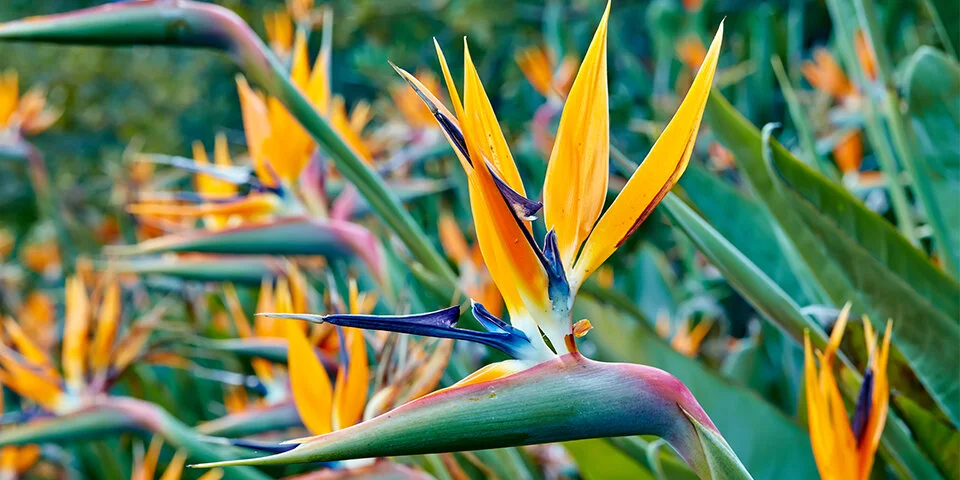Lobelia is a large genus, including over 400 species, with nearly a worldwide distribution. You wouldn't guess from the appearance of the flowers that it belongs to the bellflower family (Campanulaceae). The most familiar species, L. erinus, native to southern Africa, is the source of the edging and basket cultivars with attractive blue flowers and names like 'Crystal Palace' and 'Cambridge Blue,' but there are also white and red varieties. It is established as somewhat of a weed in our garden. We pull it out where it's not wanted and let it grow if it self-seeds in the right spot. Other species we have grown include the Mexican lobelia (L. laxiflora), and the eastern North American L. cardinalis. Neither is considered seriously invasive, but they can get aggressive when pampered. Another North American species, L. inflata or Indian tobacco, is the main source of the alkaloid, lobeline.
Most species are poisonous, producing lobeline and other related and unrelated pharmacologically active compounds. L. inflata has a long history of use in Native American medicine for a variety of therapeutic and ceremonial indications, but its most obvious effect was as an emetic, giving it another popular name, puke weed. In folk medicine it was smoked as a treatment for asthma and was used for this condition by mainstream physicians through the 19th and early 20th centuries. In more recent times its main use was as an aid to smoking cessation.
Quit-smoking aids containing lobeline were sold with trade names like Nikoban and Bantron in the form of tablets, lozenges, and chewing gum through most of the 20th century. In 1993 the FDA banned the sale of over-the-counter smoking deterrents on the grounds that research showed that they were ineffective. The timing is significant because in the next year Congress made its huge gift to the snake oil industry with the Dietary Supplement Health and Education Act of 1994. The effect of the legislation was that substances that fell within the very broad definition of "dietary supplements" could be sold over the counter with no requirement that they demonstrate either safety or efficacy.
Lobeline acts on the nervous system in a complex manner, but the mechanism that has stimulated most interest is its ability to modify the release of the neurotransmitter, dopamine, in response to nicotine and other addicting substances such as methamphetamine and ethanol. Dopamine plays a major part in "reward-motivated behaviour," or, in popular terms, it is "the chemical of pleasure."
Surprisingly, given that there is good basic science evidence that lobeline could be useful as a treatment for tabagism and several other addictions, there has been little effort on the part of the industry to reintroduce OTC lobeline products. Amazon will sell you "NicRx natural anti smoking pills with lobelia" but lobelia is listed last among ten herbal ingredients. I could find no mention of lobelia in a 2003 publication listing the components of the 100 most commonly prescribed herbal medications in Germany, where a prescription is required for many botanicals sold over the counter in this country. There have been few attempts at a clinical trial of lobeline for smoking cessation, and the most recent Cochrane review, dated 2012, found no studies that met their criteria for inclusion in a meta-analysis.
